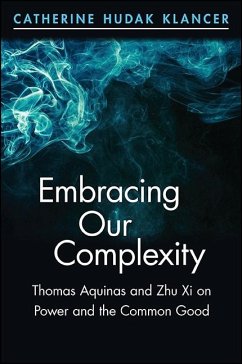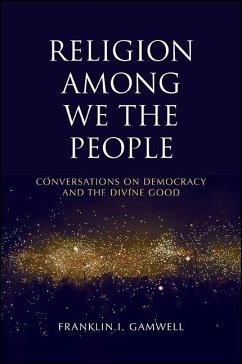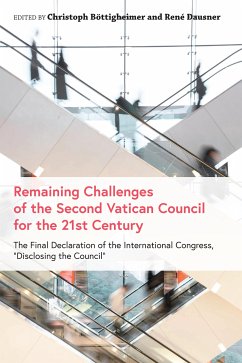
The Sins of the Fathers (eBook, ePUB)
Turkish Denialism and the Armenian Genocide

PAYBACK Punkte
0 °P sammeln!
We hear much talk today about post-truth. Journalists and intellectuals describe it as a shocking new phenomenon caused by recent electoral campaigns. They point to contemporary political statements as horrendous post-truths. Nothing is more misleading. ''Historical engineering'' is not a new phenomenon. Nor are the events to which journalists point as exemplary instances of ''post-truth'' particularly poignant. ''Historical engineering'' is the intellectual twin of ''social engineering'' and has been taking place on increasingly large scales since the dawn of the modern world. It is a consequ...
We hear much talk today about post-truth. Journalists and intellectuals describe it as a shocking new phenomenon caused by recent electoral campaigns. They point to contemporary political statements as horrendous post-truths. Nothing is more misleading. ''Historical engineering'' is not a new phenomenon. Nor are the events to which journalists point as exemplary instances of ''post-truth'' particularly poignant. ''Historical engineering'' is the intellectual twin of ''social engineering'' and has been taking place on increasingly large scales since the dawn of the modern world. It is a consequence of the premises, methods, and ambitions of modern philosophy. This book is the first part of a trilogy - The Betrayal of Philosophy - that concerns the roots of the post-truth phenomenon. Its intent is to provide the philosophical world with a phantasm in which it can see not just the what of ''historical engineering,'' but the why: to show the flaws of modern philosophy itself. The phantasm regards the most successful modern project of historical and social engineering: the Armenian Genocide. It includes both Turkey''s ''historical engineering'' - its official policy of genocide negation - and the massive late Ottoman project of social and territorial engineering which led to the murder of the first Christian nation: Armenia.
Dieser Download kann aus rechtlichen Gründen nur mit Rechnungsadresse in A, B, BG, CY, CZ, D, DK, EW, E, FIN, F, GR, H, IRL, I, LT, L, LR, M, NL, PL, P, R, S, SLO, SK ausgeliefert werden.













